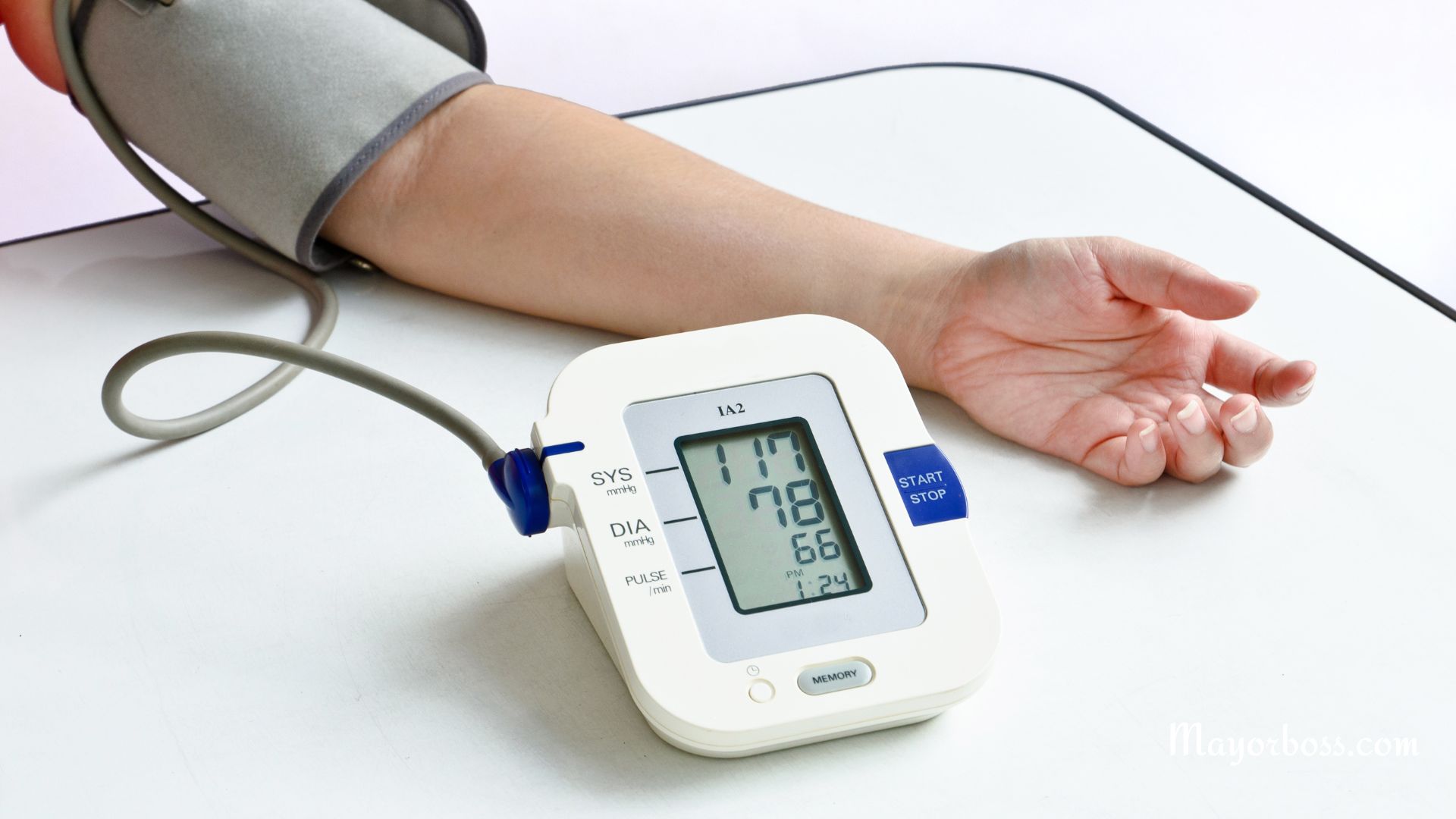Why I Am Getting Stomach Pain Again And Again?
Do you often find yourself asking, “Why do I keep experiencing stomach pain?” If so, you’re not alone. Millions of people face the same issue. Stomach pain can be bothersome, and when it occurs repeatedly, it can seriously affect your quality of life. But why does this happen?
Before we dive into the possible causes of recurrent stomach pain, let’s take a brief look at the anatomy of our abdomen.
The Anatomy of Stomach Pain
When you feel pain in your “stomach,” it could actually be any of the organs in your abdomen causing the discomfort. This includes the stomach, small and large intestines, liver, gallbladder, pancreas, and even kidneys. The type of pain and its location can help us determine which organ might be at fault.
Common Causes of Recurring Stomach Pain
There are several common culprits that could be causing you to experience repeated bouts of stomach pain. Below, I’ve outlined a few of the most common ones:
- Gastritis: This condition involves inflammation of your stomach lining, which can cause pain, nausea, and vomiting. Gastritis can be acute or chronic and, if left untreated, can lead to stomach ulcers.
- Peptic Ulcers: These sores in the lining of your stomach, upper small intestine, or esophagus often result in burning stomach pain. The pain can fluctuate but often reoccurs.
- Gallstones: If you have gallstones, you might experience a sharp, intense pain in the upper right part of your abdomen. This pain may also extend to your shoulder or back.
- Kidney Stones: These hard deposits can cause pain that starts in your back or side and moves to the lower abdomen.
- Irritable Bowel Syndrome (IBS): This common disorder affects your large intestine. Symptoms include cramping, abdominal pain, bloating, gas, and diarrhea or constipation.
- Gastroenteritis: Usually referred to as the stomach flu, this condition can cause cramps, abdominal pain, nausea, vomiting, and diarrhea.
- Ovarian Cysts: Women may experience recurring stomach pain due to ovarian cysts. These fluid-filled sacs form on the ovaries and can cause bloating, heaviness, and a dull or sharp ache in the lower abdomen.
- Menstrual Cramps: Many women experience pain in the lower abdomen, back, or thighs during their menstrual cycle. These cramps can range from mild to severe and usually occur just before and during the menstrual period.
- Appendicitis: An inflamed appendix can cause severe pain in the lower right part of your abdomen. The pain may start as a dull ache near your navel before becoming sharp and severe.

Identifying Triggers for Recurring Stomach Pain
If you’re frequently experiencing stomach pain, it’s essential to identify possible triggers. Many people find certain foods or drinks may prompt discomfort. Spicy foods, fatty meals, alcohol, caffeine, and carbonated beverages are all common culprits. Similarly, stress can trigger stomach pain in many individuals. Understanding, therefore, what may be triggering your stomach pain is the first step in managing it effectively.
How to Soothe Your Stomach Pain
- Watch your diet: Pay attention to the foods that seem to trigger your stomach pain and try to avoid them.
- Keep hydrated: Staying well-hydrated can help keep your digestive system working smoothly.
- Maintain a regular eating schedule: Try not to skip meals or eat late at night.
- Exercise regularly: Regular physical activity helps keep your digestive system healthy and moving.
- Manage stress: Techniques such as yoga, deep breathing, and meditation can help manage stress levels, potentially reducing stomach pain.
When to See a Doctor
If you’re experiencing frequent stomach pain, it’s crucial to speak with a healthcare professional. Persistent or severe stomach pain could indicate a more serious underlying condition that needs to be addressed.
Recurring stomach pain should never be ignored. If you’re experiencing ongoing discomfort, don’t hesitate to reach out to your doctor for guidance. They are there to help you understand and manage your symptoms so you can get back to living your life without persistent discomfort.
Further Reading: 15 Reasons You Wake Up With Stomach Pain Every Morning






